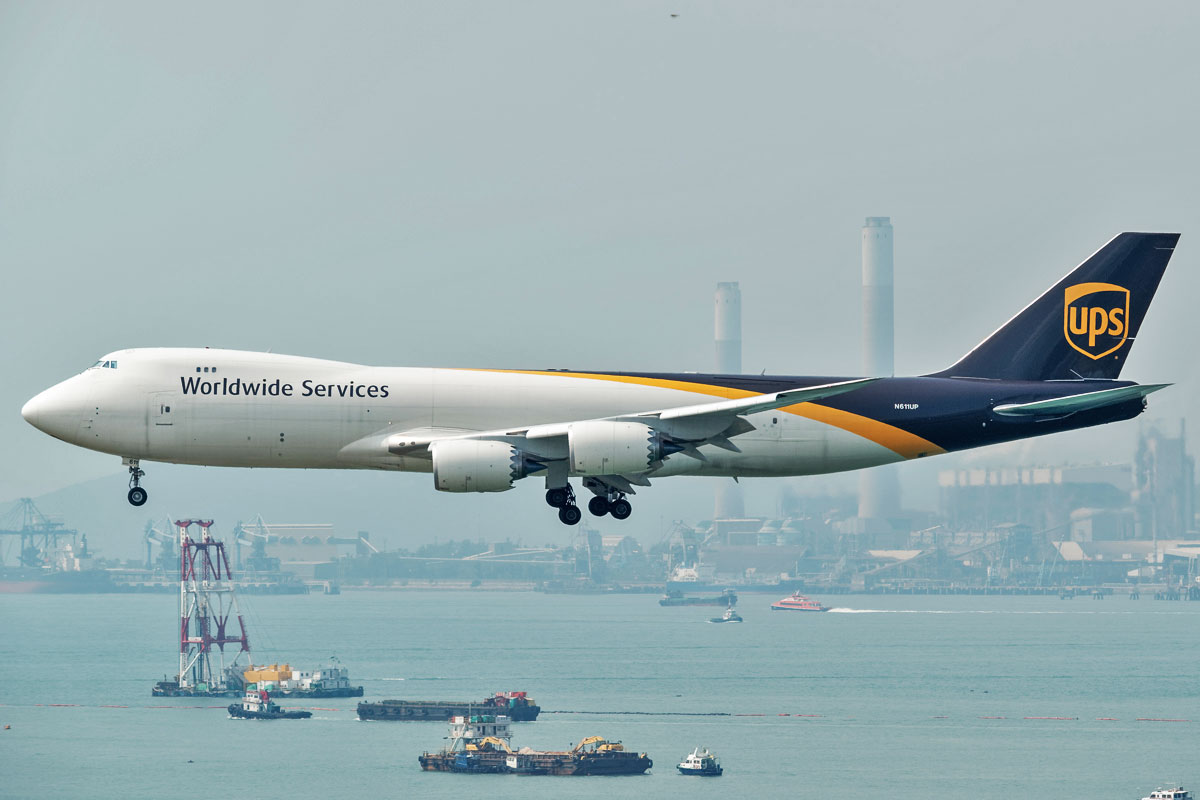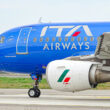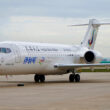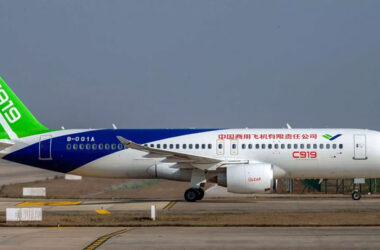The finding of structural and equipment failures in aircraft is common, although always worrying, despite the fact that their manufacturers minimize safety risks.
Days ago, Embraer’s first-generation E-Jets models were subject to airworthiness directives that recommended more frequent inspections of parts of the wings, due to premature cracks.
Some older jets will undergo reinforcements in the areas to avoid future problems, determined ANAC, Brazil’s civil aviation agency, which was followed by the FAA.
The Brazilian manufacturer, however, was not the only one to notice early problems in its planes. Airbus is also carrying out repairs on older A380 jets, which are curiously showing cracks in the wing spars.
The sudden problem while the giant is again requested for commercial flights made Emirates Airline, its largest operator, regret the fact, which causes delays in plans to resume its air network.
EASA, the European civil aviation agency and Airbus had already determined inspections on the wings of the A380 after 15 years of assembly of the structure, but newer aircraft are also showing cracks and in unexpected areas.

An extra difficulty arose with the phenomenon of the reactivation of A380s that were stopped for months at airports awaiting their destination. That’s why Emirates is prioritizing the use of newer planes.
Fuel pump
Failures also affect another large airliner, the 747. The FAA has just released a new airworthiness directive that will be officially published on December 29 and involves part of the 747-8 and 747-400 fleet.
According to the agency, the directive was necessary following “reports of wear-through of the motor impeller inlet adapter of a transfer pump for the horizontal stabilizer fuel tank caused by contact between the pump inlet check valve and the inlet adapter”.
That’s why 28 US-registered jets will undergo inspections to see if they need to replace parts. The FAA, however, does not estimate how many 747 are affected by the problem in the world, a task that is up to the regulators of each country that has the model registered.
Boeing’s customers likely to be most affected are Atlas Air and UPS, which have large fleets of 747-8Fs and 747-400Fs.






